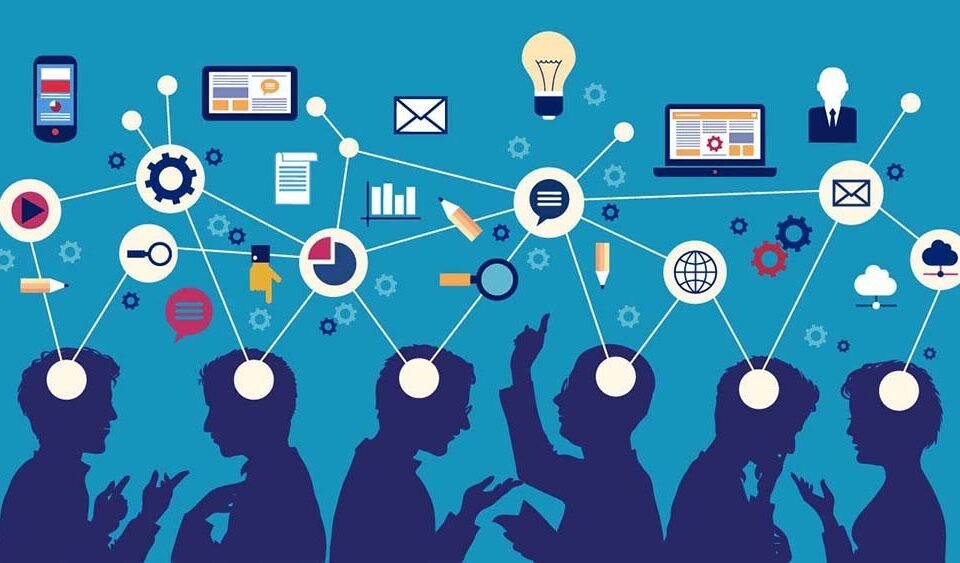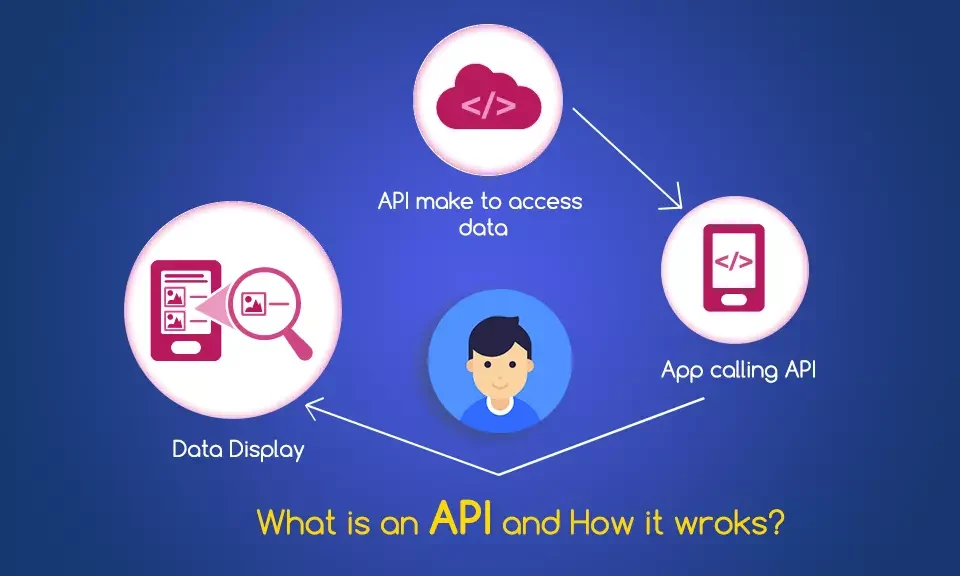
Top Mistakes Freshers Make During Job Interviews
July 26, 2025
Why Cybersecurity Careers Are Booming
July 26, 2025In today’s competitive world, having a degree alone is no longer enough to succeed. Employers now value soft skills just as much as technical abilities. These personal attributes help students communicate effectively, work well in teams, solve problems creatively, and manage emotions in professional environments. Developing soft skills before graduating gives students a strong edge during interviews, internships, and career opportunities. According to Chatrashala Career Guidance, students who focus on soft skills adapt faster to workplace challenges and perform better than those who rely solely on academic knowledge.
Why Soft Skills Are Important for Students
Soft skills refer to interpersonal abilities and personality traits that shape how we interact with others. They include communication, emotional intelligence, teamwork, and time management. Unlike hard skills — such as coding or accounting — which are job-specific, soft skills are transferable across industries. For example, a student with good communication can excel in teaching, sales, or management. Recruiters prioritize candidates with strong soft skills because they know technical training can be provided later, but interpersonal qualities are harder to teach. A report by LinkedIn found that 92% of employers consider soft skills equally or more important than hard skills when hiring.
1. Communication Skills
Effective communication is one of the most essential soft skills students must learn. It involves speaking clearly, listening attentively, and writing professionally. For example, during an interview, your ability to explain your strengths confidently can set you apart from other candidates. Good communication also helps in presentations, group projects, and client interactions in your future career. To improve this skill, students can join debating clubs, participate in public speaking events, or take online courses like LinkedIn Learning Communication Programs. Practicing daily — even by explaining concepts to friends — enhances clarity and confidence.
2. Teamwork and Collaboration
Teamwork is crucial because almost every workplace involves collaboration. Students often work on group projects or participate in college clubs where teamwork is required. Employers want graduates who can cooperate, share responsibilities, and respect diverse perspectives. For example, in a corporate setting, you may have to coordinate with designers, marketers, and developers to launch a product. Participating in sports teams, volunteering for events, or joining group discussions can help you develop this soft skill. Learning to value others’ opinions and resolve conflicts peacefully is key to successful collaboration.
3. Problem-Solving and Critical Thinking
Problem-solving is another vital soft skill that helps students analyze challenges and come up with solutions. Critical thinking involves questioning assumptions, understanding multiple viewpoints, and making informed decisions. For instance, if you are part of a startup project, you may need to solve issues like limited budgets or tight deadlines creatively. Hackathons, case study competitions, and internships are excellent opportunities to practice this skill. Employers admire candidates who don’t panic when problems arise but instead find logical and effective solutions.
4. Time Management and Organization
Balancing academics, internships, and personal life requires excellent time management. Many freshers struggle with deadlines at work because they never practiced organizational skills in college. Learning to prioritize tasks and use tools like Google Calendar, Notion, or Trello can improve efficiency. For example, dividing study schedules into manageable blocks can prevent last-minute stress before exams. Strong organizational skills ensure you deliver projects on time and maintain a healthy work-life balance, a trait recruiters highly value in entry-level candidates.
5. Emotional Intelligence (EQ)
Emotional intelligence is the ability to understand and manage your own emotions while empathizing with others. This soft skill is especially important in leadership roles or client-facing jobs. High EQ allows students to handle workplace stress, resolve conflicts, and maintain positive relationships with peers. For example, if a teammate is upset about workload, understanding their perspective and offering support builds trust. Activities like mindfulness, journaling, and open communication help students improve EQ gradually. According to Chatrashala Motivation Blogs, students with strong emotional intelligence are better leaders and collaborators.
6. Adaptability and Flexibility
The professional world is constantly evolving, with new technologies and work cultures emerging every year. Students who remain rigid in their approach struggle to keep up. Adaptability ensures you adjust to changing environments, roles, or even career paths. For example, shifting from offline to online learning during the pandemic required students to adapt quickly. Employers appreciate candidates who stay calm during unexpected changes and learn new skills when required. Internships and part-time jobs are perfect for practicing adaptability because they expose you to real-world challenges.
7. Leadership Skills
Leadership is not limited to managing teams; it’s about inspiring others and taking initiative. Students with leadership qualities can motivate peers, manage responsibilities, and deliver results under pressure. For example, leading a college fest committee involves planning, coordination, and decision-making. This soft skill also prepares students for future roles like project managers or team leads. Volunteering in student organizations, hosting workshops, or mentoring juniors are excellent ways to build leadership abilities while in college.
How to Learn and Improve Soft Skills
Developing soft skills takes consistent practice rather than overnight effort. Students can attend workshops, join college clubs, and participate in internships to gain real-world experience. Free platforms like Coursera and edX provide structured courses on interpersonal skills, leadership, and communication. Another effective approach is self-reflection — observing how you handle conflicts, deadlines, and teamwork can highlight areas for improvement. Regular feedback from mentors and peers also helps refine these skills over time. For continuous guidance, Chatrashala’s blog shares practical tips for career and personality growth.
Conclusion
Building soft skills before graduating is crucial for a smooth transition into professional life. Skills like communication, teamwork, and emotional intelligence are universally valued across industries. They not only improve your employability but also help you adapt and grow in dynamic work environments. Students who invest time in learning these skills during college will find it easier to secure internships, impress recruiters, and achieve long-term career success. By combining technical knowledge with strong soft skills, you can create a complete profile that employers admire.





